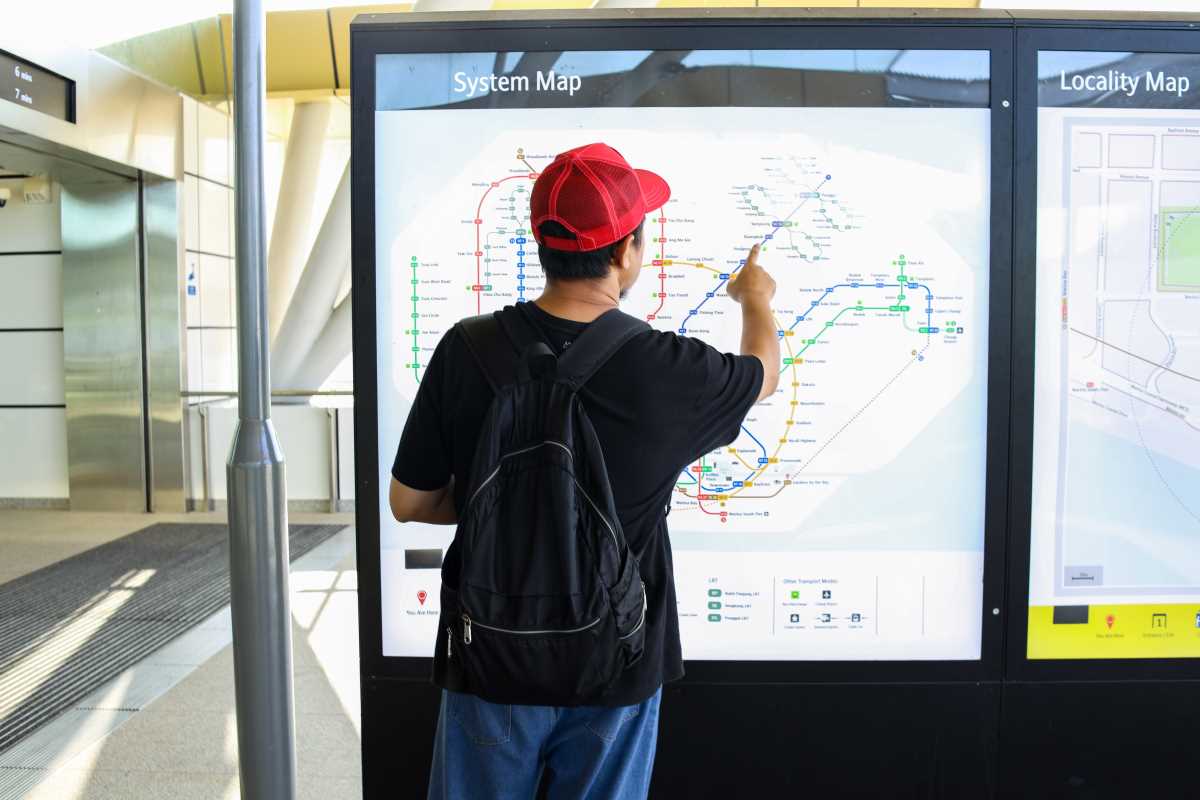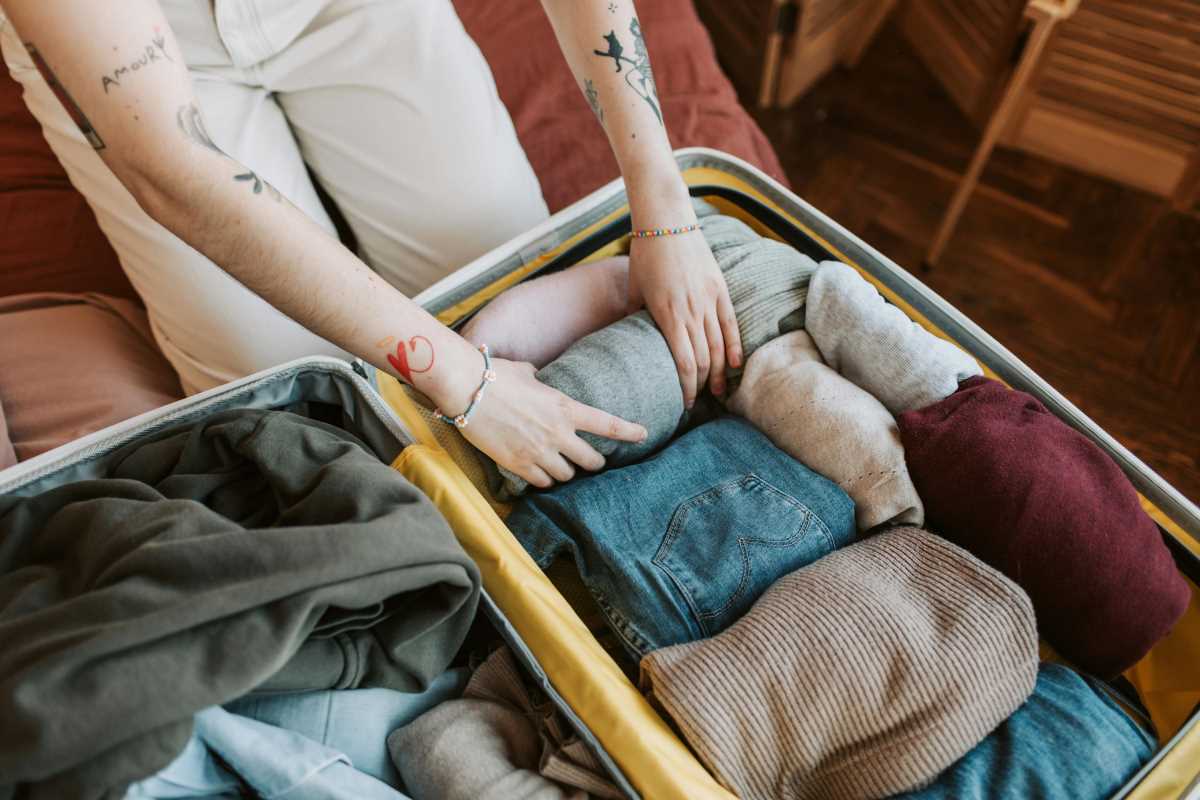Traveling is indeed an exciting adventure, but it's essential to be cautious and aware of potential scams that could put a damper on your trip. By staying informed and vigilant, you can avoid falling victim to common travel scams that target tourists. Here are some expanded tips for identifying and steering clear of these scams to ensure a safe and enjoyable journey:
Research Local Scams
Before embarking on your trip, take some time to research common scams in the destination you'll be visiting. Understanding the typical tactics used by scammers in that area can help you stay one step ahead and recognize when someone is trying to deceive you.
Start by consulting travel forums, guidebooks, and official tourism websites for information about local scams. Many experienced travelers share their encounters with scammers on these platforms, providing valuable insights into the types of scams you might encounter.
Pay attention to scams that are specific to your destination. For example, in some European cities, you might encounter the "friendship bracelet" scam, where someone ties a bracelet around your wrist and then demands payment. In Southeast Asia, be wary of tuk-tuk drivers offering suspiciously cheap tours that often lead to high-pressure sales situations.
Consider reaching out to friends or acquaintances who have visited your destination recently. They may have firsthand experiences or advice to share about avoiding scams in that particular location.
Stay Alert in Crowded Areas
Tourist attractions, bustling markets, and public transportation hubs are prime locations for scammers to operate. Be extra cautious in crowded places where distractions are high, and keep a close eye on your valuables, such as your wallet, phone, and passport.
When navigating crowded areas, consider using a money belt or a secure, anti-theft bag to keep your valuables close to your body and out of sight. Avoid carrying large amounts of cash or flashing expensive jewelry or electronics that might attract unwanted attention.
Be wary of sudden distractions, such as someone bumping into you or a commotion nearby, as these can be tactics used by pickpockets to divert your attention while an accomplice steals your belongings.
In markets or shops, be cautious of vendors who are overly pushy or use high-pressure sales tactics. Take your time to compare prices and quality before making a purchase, and don't be afraid to walk away if you feel uncomfortable.
Beware of Fake Police Officers
One prevalent scam targeted at travelers involves individuals posing as police officers who request to see your identification or claim that there is an issue with your documents. Genuine law enforcement officers will have proper identification and will not ask you to hand over personal belongings.
If approached by someone claiming to be a police officer, politely ask to see their official badge and identification. Legitimate officers should have no problem providing this information. If you're still unsure, suggest moving to a nearby police station to resolve any issues.
Be particularly cautious if the "officer" asks to see your wallet or passport. Never hand over these items directly. Instead, if necessary, show them your identification while keeping it in your possession.
If you suspect you're dealing with a fake police officer, look for a real uniformed officer or head to the nearest police station to report the incident.
Use Reliable Transportation and Accommodation
When arranging transportation or booking accommodations, ensure that you are using reputable services or companies. Scammers may pose as taxi drivers, tour guides, or hotel staff to overcharge you or take advantage of your lack of familiarity with the area.
Before your trip, research reliable transportation options at your destination. In many cities, ride-sharing apps or official taxi services are safer alternatives to hailing a cab on the street. If you must use a taxi, ensure it's from an official stand or has proper identification and a working meter.
When booking accommodation, use well-known platforms or book directly through the hotel's official website. Be wary of deals that seem too good to be true, as they often are. Read reviews from previous guests and check the property's location carefully to ensure it's in a safe and convenient area.
If you're using a vacation rental service, communicate only through the platform's official channels and never transfer money outside of the secure payment system.
Protect Your Personal Information
Be cautious when sharing personal information, such as your hotel details, itinerary, or financial information, with strangers. Avoid using public Wi-Fi networks for sensitive transactions, as scammers can easily access your data on unsecured connections.
When using ATMs, choose machines located inside banks or in well-lit, secure areas. Cover the keypad when entering your PIN and be aware of your surroundings. Inspect the machine for any suspicious devices or signs of tampering before use.
Consider using a Virtual Private Network (VPN) when accessing the internet on public networks. This encrypts your data, making it much harder for scammers to intercept your information.
Be cautious about oversharing on social media during your trip. Posting real-time updates about your location can make you an easy target for scammers or thieves.
Trust Your Instincts
If something seems too good to be true or you feel uncomfortable in a situation, trust your instincts and remove yourself from the scenario. It's better to err on the side of caution than to become a victim of a travel scam.
Be wary of overly friendly strangers who approach you with unsolicited offers or advice. While many people are genuinely helpful, scammers often use friendliness as a way to lower your guard.
If you feel pressured to make a decision or purchase quickly, take a step back. Legitimate businesses and services will usually give you time to consider your options.
Don't be afraid to say "no" firmly and walk away from a situation that makes you uncomfortable. Your safety and peace of mind are more important than appearing polite to a potential scammer.
Additional Tips for Safe Travel
Learn Basic Local Phrases: Knowing a few key phrases in the local language can help you navigate situations more confidently and make you appear less like an easy target.
Keep Emergency Contacts Handy: Have a list of important phone numbers, including your embassy or consulate, local emergency services, and your hotel.
Use Official Tourist Information Centers: These centers can provide reliable information about local attractions, transportation, and reputable services.
Be Cautious with Your Drinks: In bars or clubs, watch your drink being prepared and never leave it unattended to prevent drink spiking.
Diversify Your Money Storage: Don't keep all your cash and cards in one place. Consider using a combination of cash, cards, and traveler's checks, stored in different secure locations.
Stay Informed About Local Customs: Understanding local customs and etiquette can help you avoid unintentionally offending locals or drawing unwanted attention.
Purchase Travel Insurance: A comprehensive travel insurance policy can provide peace of mind and financial protection against various travel-related issues, including theft.
Use Hotel Safes: When available, use the hotel safe to store valuables and important documents you don't need to carry with you.
Be Wary of Public Wi-Fi: Avoid accessing sensitive information or making online purchases when using public Wi-Fi networks. If necessary, use a VPN for added security.
Keep Copies of Important Documents: Make copies of your passport, visas, and other important documents. Store these copies separately from the originals and consider keeping digital copies in secure cloud storage.
Final Thoughts
By implementing these strategies and remaining vigilant throughout your journey, you can significantly reduce the risk of falling prey to travel scams. Remember that while it's important to be cautious, the vast majority of people you'll encounter during your travels are honest and helpful. Don't let the fear of scams prevent you from engaging with locals and experiencing the rich culture of your destination.
Travel is about opening yourself up to new experiences and cultures, but it's equally important to do so with a healthy dose of awareness and caution. By being informed, alert, and proactive, you can reduce the risk of falling prey to common travel scams and enjoy a worry-free journey. Remember to stay vigilant, trust your gut feelings, and prioritize your safety and well-being while exploring new destinations. With these precautions in place, you'll be well-equipped to create lasting, positive memories of your travels, free from the worries of potential scams or fraud.
(Image via Adobe)
 (Image via
(Image via





